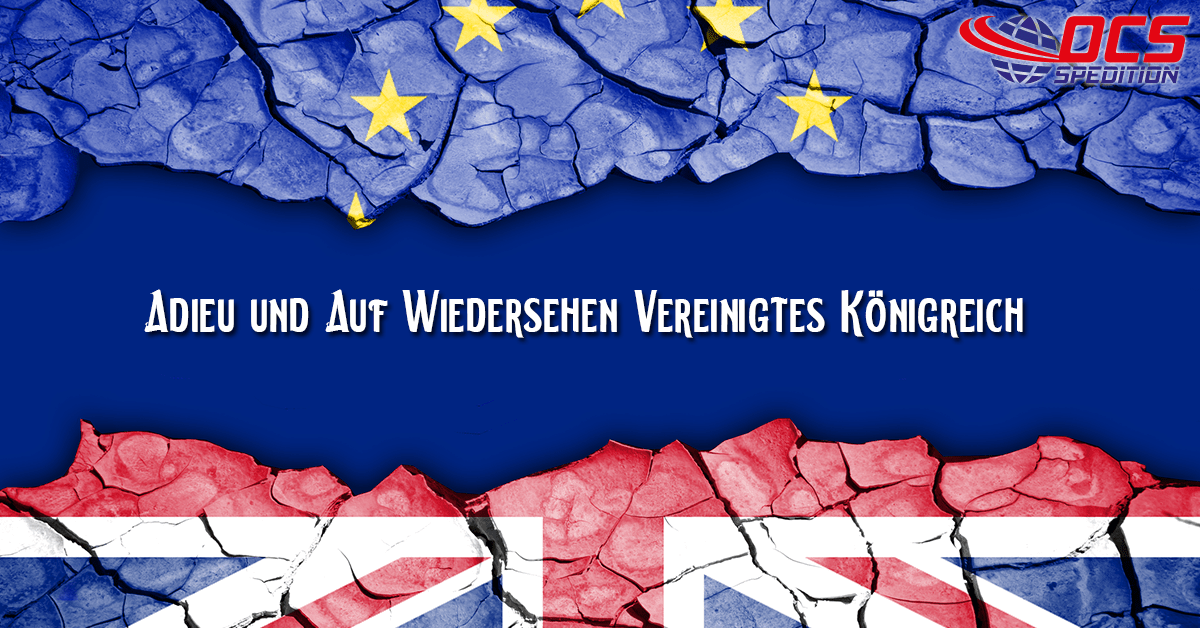As early as 2016, the majority of British voters voted to leave the EU. Around four years and two heads of government in the House of Commons later, Great Britain will officially leave the European Union on January 31, 2020. Everyone involved was already aware of the consequences. In this article you will find out what effects Brexit actually has on the EU's preferential trade agreement.
One thing you have to give politicians credit for: As a rule, nothing happens so quickly and abruptly that there is no way to regulate the transition. withdrawal agreement was also negotiated with Brexit. This is particularly important as Great Britain will remain part of the EU internal market and the associated EU customs union for a transition period. During the transition period until December 31, 2020, the United Kingdom now has the opportunity to regulate future economic relations with the other 27 EU member states. But here too there is the possibility of an extension: namely exactly once for up to two years, which in turn sets December 21, 2022 as the last possible date.
Trading is still possible without any problems for the time being
The good thing first: First of all, nothing changes. All standards of the European internal market continue to apply in trade between Great Britain and the rest of the EU, and no customs declarations or controls need to be carried out. This makes trade and logistics easier, at least for the first few months after leaving the EU. However, it is understandable that many uncertainties arise on the part of the respective trading partners.
Preferential agreements: Uncertainties accompany the movement of goods
Concerns are particularly raised regarding the origin of goods and the preferences regarding the free trade agreements of the other EU states. In particular, global trade between the EU-27 countries and their partner states is not regulated in the withdrawal agreement, even if products of British origin are traded or reused in manufacturing processes within the EU. The so-called preferential law is based on contracts between the EU and third countries (preferential agreements), which are only concluded by the EU and do not take the opinions of individual member states into account.
The United Kingdom remains an “unofficial” member of the EU
But Brexit is by no means uniformly regulated by law with regard to the preferential rules of origin. In the event of Brexit with a withdrawal agreement , the United Kingdom is no longer a member of the EU and therefore no longer a contracting party to the trade agreement. The European Union plans to ask trading partners to continue to “treat” Britain as an EU member during the transition period. If the other EU states accept this request and follow it, nothing will change during the transition period. This means that supplier declarations would remain valid and declarations of origin in partner countries could continue to be issued without major problems. However, it may of course happen that individual trading partners do not agree to the EU's request. How this will be handled in practice will first become apparent from February 2020.
This has further serious implications for Brexit after the transition period. Because then it is a fact that goods originating in the United Kingdom will definitely no longer be EU goods after the end of the transition period and will therefore no longer be treated as eligible for preferential treatment. The dilemma: According to the European Union, this exact situation also applies to English goods that were already in the EU27 area before Brexit, which in turn has an impact on the preference calculation. Raw materials from Great Britain are therefore considered to be raw materials without origin, and machining and processing in the United Kingdom is therefore no longer a source of origin.
Continuing concerns about the recognition of proof of preference
The concerns mentioned above mean that, particularly during the transition period, preference certificates will be issued by customs offices or the exporter on the basis of these supplier declarations. However, one prerequisite must be met: the other member states or partner countries must also accept these certificates if they were issued in the United Kingdom. There is a risk that they would not be able to do exactly this - but at least there is an initial regulation for the aftermath of Brexit. If you have any further questions, our team will be happy to help you.






